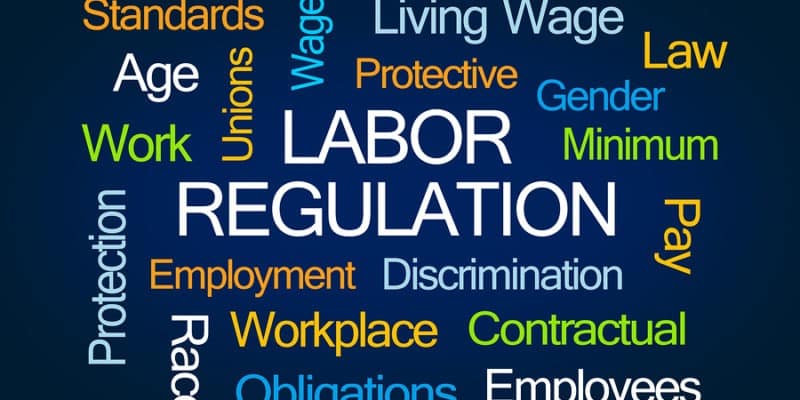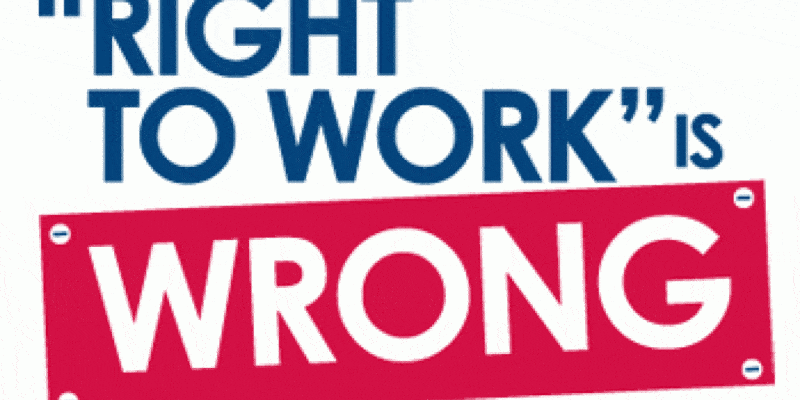Author: Kim Slowey
Published: March 21, 2019
Dive Brief:
- The U.S. Government Accountability Office, a congressional “watchdog,” has issued recommendations to the U.S. Department of Labor’s OSHA and the Department of Defense aimed at helping them better track defense contractor safety violations. GAO was tasked with reviewing safety and health records of contractors and how they were handled by DOD, the largest contracting agency in the government, with $320 billion in contracts in 2017.
- The GAO report noted that OSHA’s inspection data does not include a corporate identification number, which means “website users will likely have difficulty obtaining accurate information on individual companies’ previous violations,” such as whether the violations occurred on defense projects. DOD also may be missing opportunities to consider a company’s safety performance when awarding contracts, it continued, because only a few parts of the agency rate contractors in this category.
- GAO recommends that OSHA consider requiring a corporate identification number as part of the information it collects during an inspection, and that DOD officials use OSHA’s website to find contractor safety information and consider requiring a safety performance rating for contractors engaging in construction and other risky types of work.
Dive Insight:
- New regulations requiring a safety record review could have contractors bracing for a legal fight, and it wouldn’t be the first time this has occurred.
- In 2017, President Donald Trump with congressional backing repealed the Fair Pay and Safe Workplaces executive order that former President Barack Obama issued in 2014. The rule would have required that companies bidding on federal contracts of $500,000 or more disclose up to three years of past OSHA and other labor violations. Opponents of the regulations quickly dubbed it the “blacklisting” rule, and industry groups such as the Associated Builders and Contractors of America took the matter to court, claiming that the rule violated contractors’ First Amendment rights and restricted fair and open competition for federal contracts by mandating that firms disclose even unadjudicated allegations of violations.









